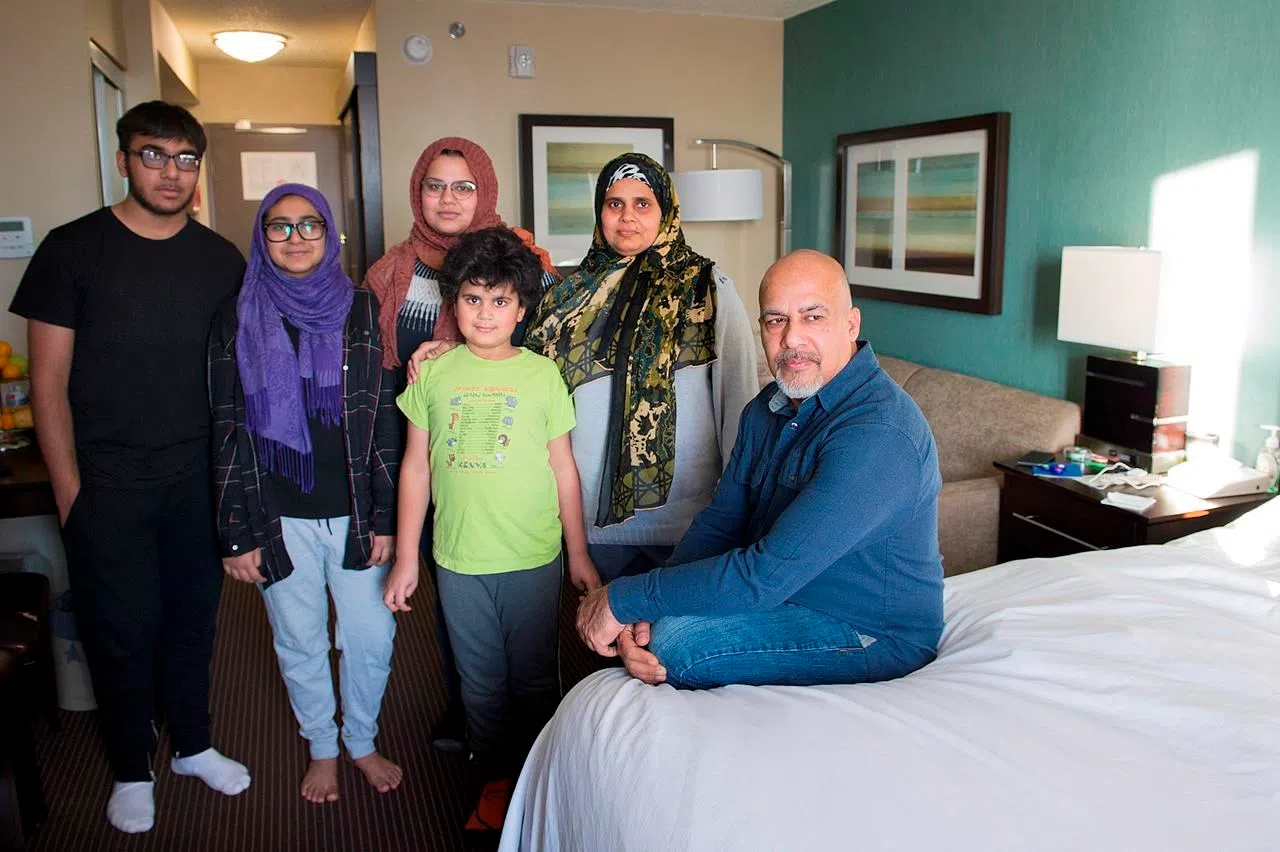
Some Quebec flood victims preparing to spend Christmas in hotel rooms
MONTREAL — All Tauseef Bhatti wants for the holidays is a permit to rebuild his home.
The Montreal-area resident, his wife and their four children are one of several families who are still living in hotel rooms ever since flood waters swept through their home last spring.
More than six months after the floods, the family of six is living in two hotels rooms at a Holiday Inn as they wait for the provincial government to decide whether their home has sustained too much damage to repair.
“There’s no privacy, it’s very uncomfortable, no place to study,” Bhatti, whose house is in Ile-Bizard, said in a phone interview. “Nothing is normal, everything is so crazy.”


